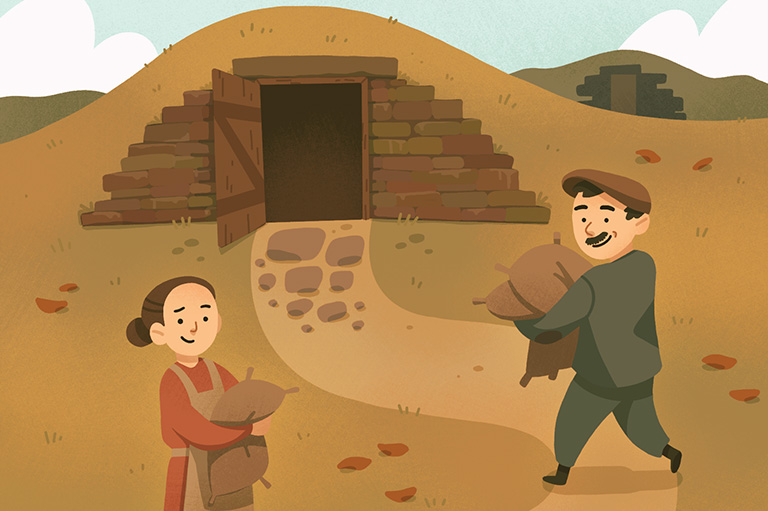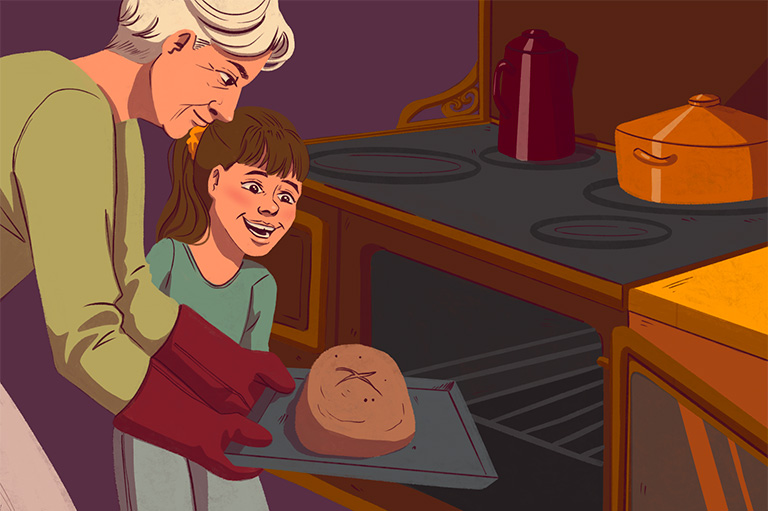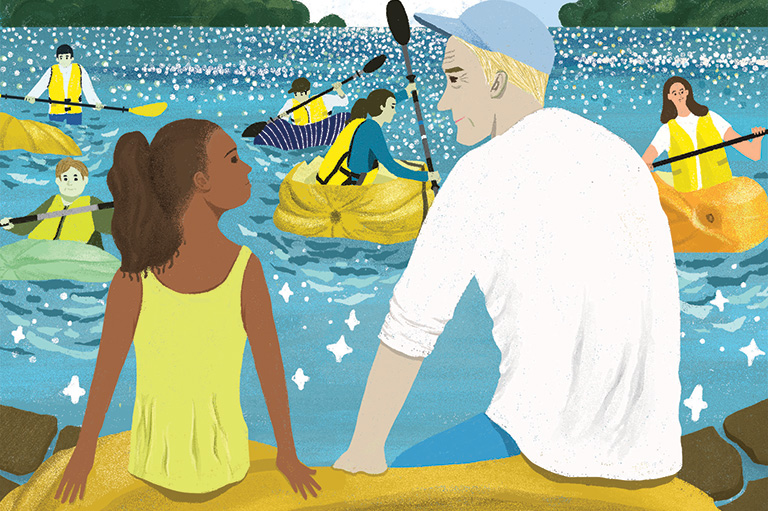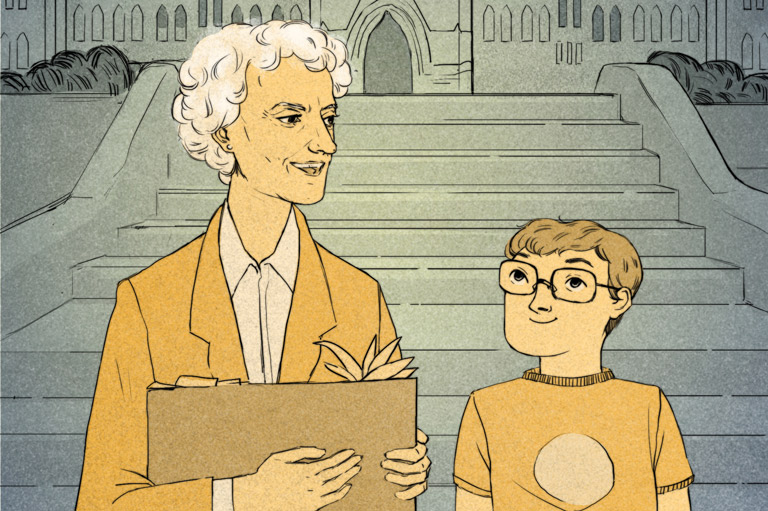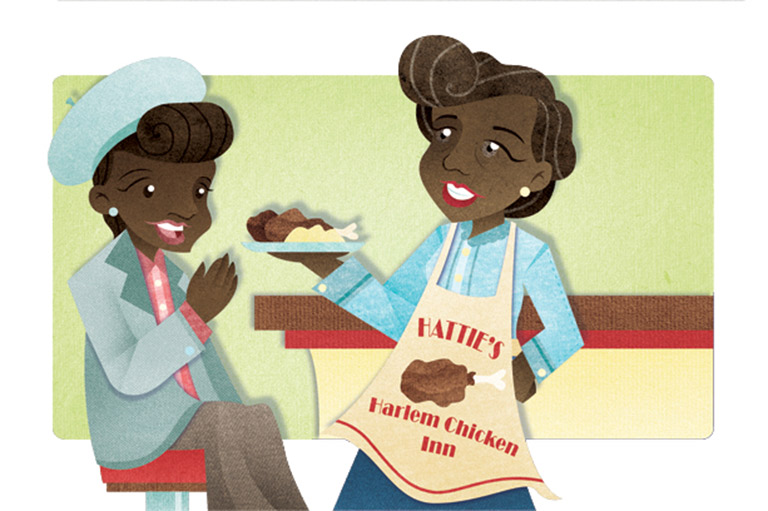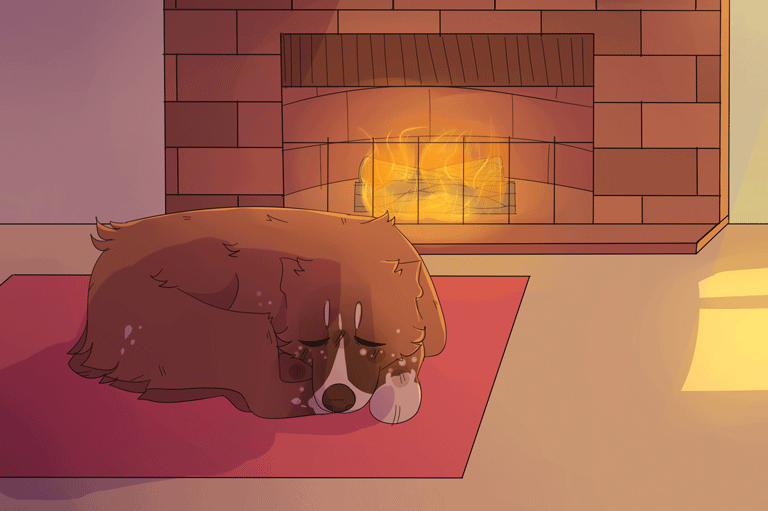Free to Explore
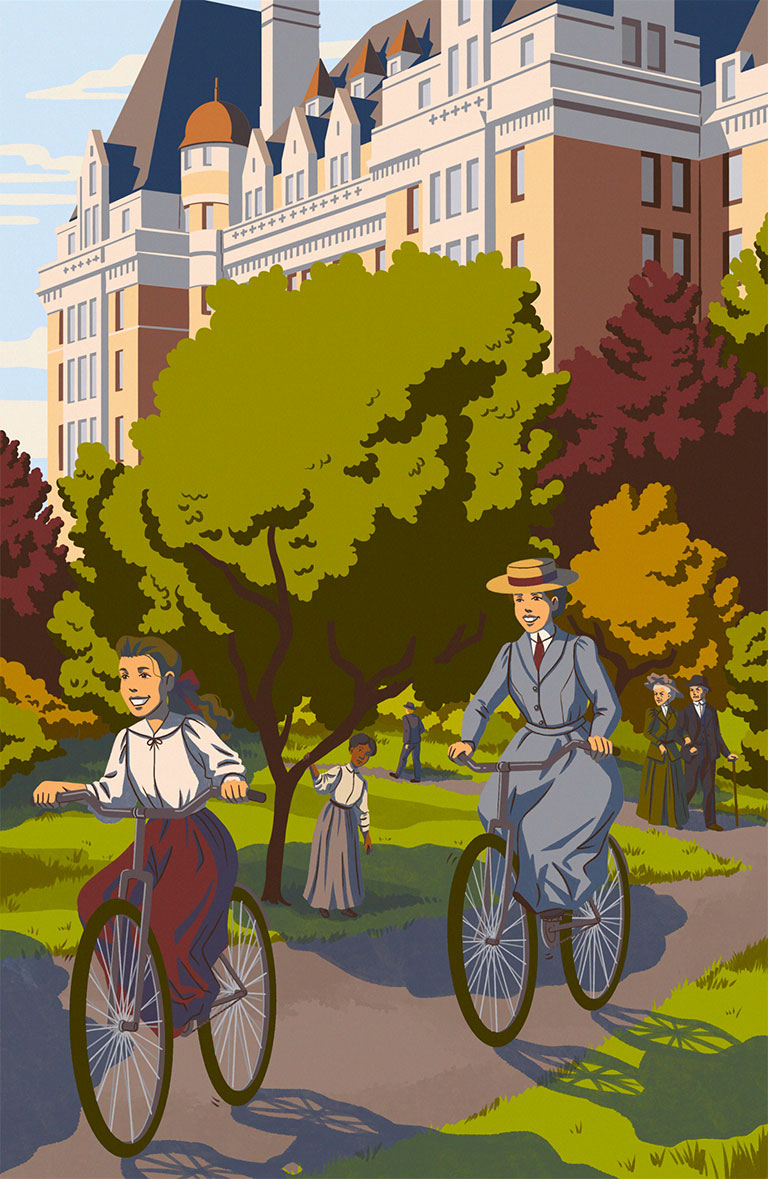
Victoria, B.C., May 1908
The warm spring air felt so good! Eliza closed her eyes, just for a moment, to savour the smell of salt water mixed with cherry blossoms.
But a moment was too long. As her bicycle wobbled, her eyes flew open. Mud puddle straight ahead! She swerved too late. Dirty water splashed up on her stockings and skirt.
“Pay attention, Liza-Lou!” Aunt Catherine called from behind her, as she pedalled deftly around the puddle.
“Your father already thinks we’re being unladylike, and your mother won’t be pleased when you traipse in covered in mud.”
But Aunt Catherine wasn’t angry. The day was too lovely and the cycling too delightful for that.
As they rounded a curve in the path, they startled an older couple out for a walk. The man quickly put his arm around his wife as if to protect her from danger. They both glared at Eliza and Catherine. As the cyclists glided by, the woman huffed, “They’re a menace to decent people!”
“And who knows what chores they’re neglecting?” her husband added. “They should be at home like proper young ladies.”
But Eliza and her aunt were long gone, paying no attention to the grumpy couple. After all, most people were friendly, like the maid pushing a baby carriage who waved and shouted “Hurrah!” as they passed. A girl in a mended dress gazed at them wistfully, and a man in the black suit and white collar of a Methodist minister raised his hat in greeting.
Everything was going beautifully . . . until it wasn’t. Suddenly a bit of Catherine’s skirt rippling gently in the breeze became a terrible tangle in the bicycle’s pedals. Hoping for a softer landing, she veered into some rhododendron bushes and half-jumped, half-tumbled off the bike.
Eliza stopped, dropped her bike and ran back to check on her aunt, who was unhurt but fuming. “These ridiculous skirts! Why must we risk our necks every time we go out for a ride?” she said bitterly, looking at the ripped hem and green stains on her skirt.
“I wish we could wear trousers like men,” Eliza said.
Her aunt had regained her good cheer. “Wouldn’t that be shocking?” Catherine laughed. “But just think how freeing it would be to have sensible clothes for a change.”
She pointed up ahead. “I’m not quite ready to hop back on. Let’s just walk to the Empress.”
Eliza was overjoyed. She thought maybe her aunt’s crash meant they wouldn’t be having afternoon tea at the beautiful new castle-like hotel on the inner harbour, but it seemed they were going after all.
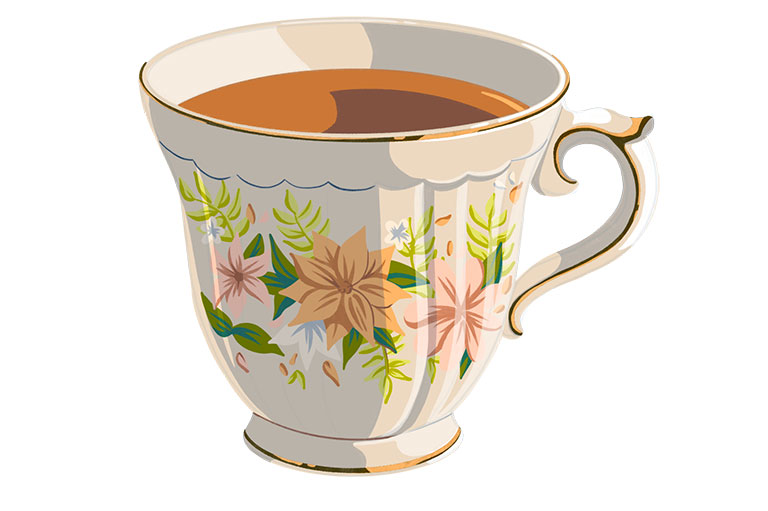
They leaned their bikes up against the railing and made their way inside. Catherine ignored the sideways looks and whispered comments, but Eliza blushed to think their appearance was causing the stir.
As they settled into their table in a corner behind a tall fern — did the waiter want to hide them? — Eliza gathered the courage to ask her aunt about a comment she’d heard as they passed two well-dressed ladies. “What is ‘bicycle face’?”
Catherine looked up from the menu and snorted. “It’s a fabrication, Eliza. It’s not real.” She sighed. “Some people will say almost anything to keep women from riding bicycles. Supposedly if we cycle too much, our faces will freeze like . . . this!”
She suddenly bugged out her eyes and contorted her mouth as if she was pushing through a terrible windstorm. Eliza burst out laughing, bringing the quiet conversations around them to a sudden halt. She put a hand over her mouth to muffle the giggles.
“That’s the only sensible response to such a silly idea,” Catherine said. “Women are no more likely to hurt themselves riding bikes than while walking or doing housework, for that matter.”
“I can’t imagine giving it up,” said Eliza. “I feel so free when I’m cycling with you. Although Father says I must take care not to become too muscular.”
Catherine started to say something and then stopped. “You need to listen to your parents.” She winked. “Until you’re grown up and earning your own money, as I am. Then, who knows?”
She waved a hand in the air. “You might just hop on your bike and see new things, meet new people.” She dropped her voice to a whisper, “Maybe like a certain aunt of yours, you could even ride your bicycle to a meeting about women’s rights to own property and to vote.”
Eliza stared in amazement. There was so much more to Aunt Catherine than she realized.
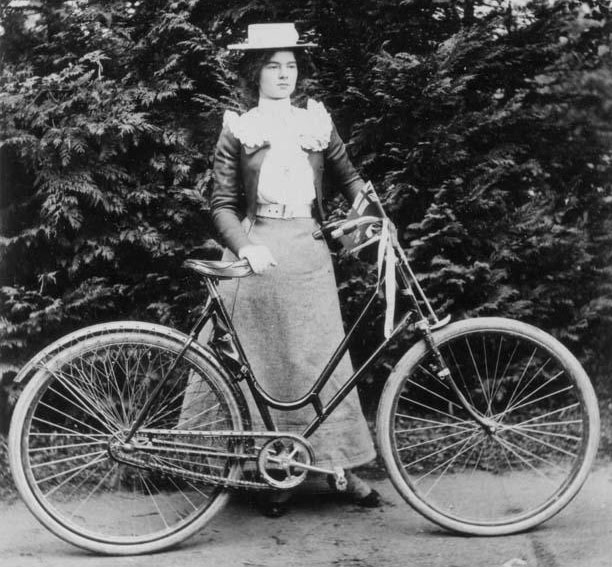
The arrival of the safety bicycle gave some women new freedom. They no longer needed a horse if they wanted to go farther and faster than they could on foot.
By the 1890s, women cyclists were a common sight on Canada’s streets and roads. That didn’t mean everyone accepted them, of course. Newspapers and magazines published articles criticizing these “wheelwomen” for cycling instead of looking after their duties at home. Without any proof, some critics insisted women cyclists risked becoming too manly or harming their ability to have children. And yes, some people said there was a danger of women developing an unattractive “bicycle face” if they cycled too much.
Like Catherine, women cyclists enjoyed their new independence and ignored the insults and warnings. They started demanding more sensible clothes, like shorter skirts that wouldn’t catch on their bicycles’ pedals, chains or wheels. (Bigger changes like bloomers — puffy knee-length pants — didn’t catch on.)
The exciting freedom of cycling was only available to women who could afford a bike, though. That meant that well-off women could form cycling clubs and bike to a friend’s house, but poorer women were stuck walking.
Eventually, as wealthier people took to cars and society stopped worrying as much about ladylike behaviour, ordinary women started to use bikes more for work and eventually just for fun. The Empress Hotel in Victoria opened in January 1908 and became a National Historic Site in 1981. It still serves afternoon tea.




